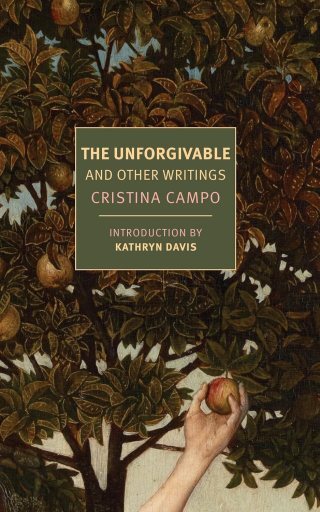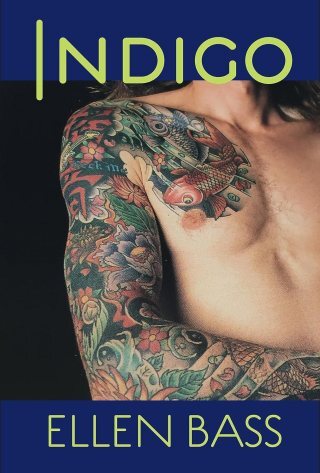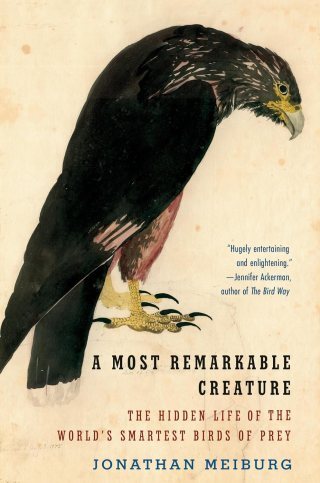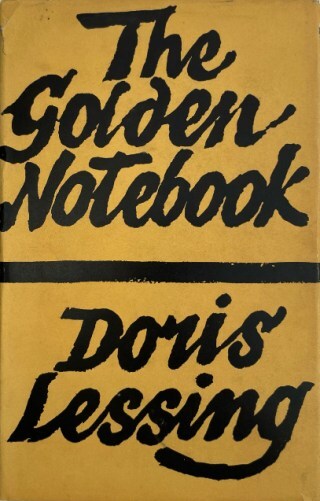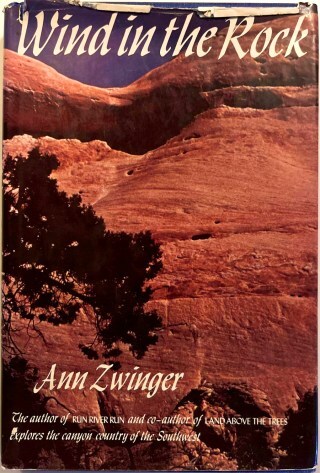Maria Popova's Blog, page 3
July 29, 2025
The Paradox of Knowing Who You Are and What You Want: Cristina Campo on Fairy Tales, Time, and the Meaning of Maturity
“If you want your children to be intelligent, read them fairy tales,” Einstein reportedly told one mother who wished for her son to become a scientist. “If you want them to be very intelligent, read them more fairy tales.” Given that the deepest measure of intelligence is a plasticity of being that allows us to navigate uncertainty, given that uncertainty is the pulse-beat of our lives, fairy tales are not — as J.R.R. Tolkien so passionately insisted — only for children. They are more than fanta...
July 26, 2025
Kiss: Ellen Bass’s Stunning Ode to the Courage of Tenderness as an Antidote to Helplessness
There is no greater remedy for helplessness than helping someone else, no greater salve for sorrow than according gladness to another. What makes life livable despite the cruelties of chance — the accident, the wildfire, the random intracellular mutation — are these little acts of mercy, of tenderness, the small clear voice rising over the cacophony of the quarrelsome, over the complaint choir of the cynics, to insist again and again that the world is beautiful and full of kindness.
It makes al...
July 25, 2025
HOLD ON LET GO: Urns for Living and the Art of Trusting Time
Ceramics came into my life the way the bird divinations had a year earlier — suddenly, mysteriously, as a coping mechanism for the confusions and cataclysms of living. I was reeling from a shattering collision with one of life’s most banal and brutal truths — that broken people break people — and I needed to make, to do the work of unbreaking, in order to feel whole again; I needed something to anchor me to the ongoingness of being alive, to the plasticity of being necessary for turning trauma i...
Hold On Let Go: Urns for Living and the Art of Trusting Time
Ceramics came into my life the way the bird divinations had a year earlier — suddenly, mysteriously, as a coping mechanism for the confusions and cataclysms of living. I was reeling from a shattering collision with one of life’s most banal and brutal truths — that broken people break people — and I needed to make, to do the work of unbreaking, in order to feel whole again; I needed something to anchor me to the ongoingness of being alive, to the plasticity of being necessary for turning trauma i...
July 23, 2025
A Plasticity of Being: What a Rare Bird of Prey Reveals about the Deepest Meaning of Intelligence
“True teachers are called into being by the contradictions generated by civilization,” the poet Gary Snyder reflected in his reckoning with the real work of life. “We need them.”
We have always needed them because we need each other, because we have always been each other’s teachers. Ever since one human being watched another rub wood and flint into fire, we have taught each other how to use our hands and how to use our minds, how to wield our tools at the world and our theories of living at t...
July 17, 2025
Doris Lessing on How to Read a Book and How to Read the World
Born in Iran and raised in Zimbabwe, Doris Lessing (October 22, 1919–November 17, 2013) was fourteen when she dropped out of school and eighty-eight when she won the Nobel Prize for smelting language into keys to “the prisons we choose to live inside.”
Having lived in writing for nearly a century, through the rise and fall of dictatorships, the ferment and fizzle of movements, the flickering of moral fashions, she understood uniquely both the power of the written word and its limitations, the w...
July 16, 2025
The Canyon and the Meaning of Life
Anything you polish with attention will become a mirror. Anything to which you give yourself fully, vest all your strength and risk all your vulnerability, will return you to your life annealed, magnified, both unselved and more deeply yourself. It can be a garden, or a desert, or a hare. It can be, perhaps most readily, a place. “Place and a mind may interpenetrate till the nature of both is altered,” the Scottish mountaineer and poet Nan Shepherd wrote in her stunning love letter to a mountain...
July 13, 2025
Is It Not Wonderful to Be Alive: Edward Lear’s Parrots
In the late summer of 1832, England was set aflame with wonder — a glimpse of something wild and flamboyant, shimmering with the lush firstness of a world untrammeled by the boot of civilization.
Edward Lear (May 12, 1812–January 29, 1888), barely out of his teens, had been working on his Illustrations of the Family of Psittacidae, or Parrots for two years. Moved by the young man’s talent and passion, one of William Turner’s patrons — a wealthy woman with a deep feeling for nature and art — had...
July 11, 2025
Why Bats Shouldn’t Exist: The Limits of Knowledge, the Pitfalls of Prediction, and the Triumph of the Possible Over the Probable
Prediction is the sharpest tool the human animal has devised — the chisel with which we sculpted survival out of chance, the fulcrum by which we lifted civilization out of survival. Among the greatest gifts of the imagination, that crowning curio of consciousness, is our ability to alchemize hindsight into foresight, to chart the most probable course of the future by drawing on our experience of the past. And yet, like the tragic flaw of the Greek hero, our great strength is also our great vulne...
July 7, 2025
Uncoding Creativity in the Age of AI: What Makes a Great Poem, What Makes a Great Storyteller, and What Makes Us Human
I once asked ChatGPT to write a poem about a total solar eclipse in the style of Walt Whitman. It returned a dozen couplets of cliches that touched nothing, changed nothing in me. The AI had the whole of the English language at its disposal — a lexicon surely manyfold the poet’s — and yet Whitman could conjure up cosmoses of feeling with a single line, could sculpt from the commonest words an image so dazzlingly original it stops you up short, spins you around, leaves the path of your thought tr...

